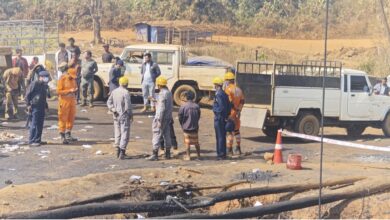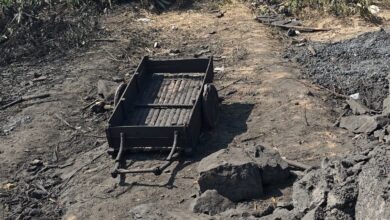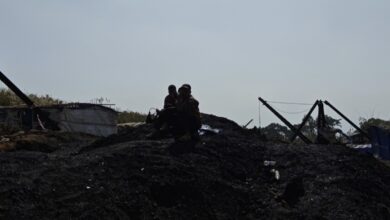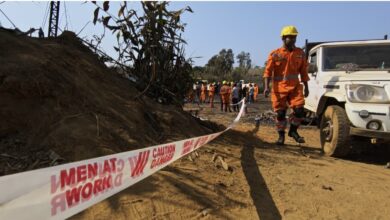Mothers of the statehood movement
Meghalaya should not forget the women without whom the history of hill state movement remains incomplete
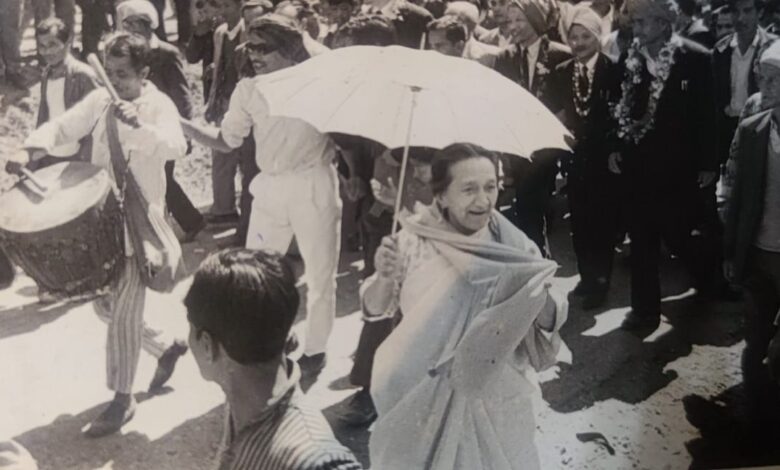
Matrilineal Meghalaya is celebrating 50 years of its existence. While the men are remembered for their contributions in achieving statehood, the hill state movement is incomplete without the women who sustained the struggle for many years.
The state cannot forget the mothers who were in the forefront and behind in financing, planning and organising the movement to achieve the statehood.
Historians and researchers took keen interest in exploring the participation of women in politics but not the hill state movement.
The uniqueness of the movement was that it was not sporadic or isolated. It was not the voice in the wilderness but a movement that drew strength from the mothers, the family, the society and culminated in a mass movement.
 There are names like Twelsina Kharkrang, fondly known as Kongwen, Rose Warjri, Jnget Kharkongor, K. Kharsati and others who gave up their comforts for a better tomorrow.
There are names like Twelsina Kharkrang, fondly known as Kongwen, Rose Warjri, Jnget Kharkongor, K. Kharsati and others who gave up their comforts for a better tomorrow.
Twelsina Kharkrang was the mother of APHLC, according to her grandson, Sharai Kharkrang. APHLC leaders spearheaded the hill state movement.
Twelsina was a financier of the movement and her house at Mawkhar was the centre of activities during the hill state movement.
She had a bakery known as Apollo 11 at Mawkhar named after the
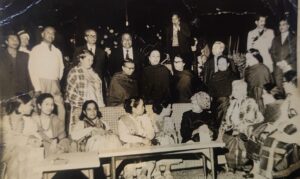
moon lander Apollo of Neil Armstrong.
The adjacent house of another hill state movement leader Rose Warjri was also not different as she was keen to serve food for the volunteers.
“My grandmother had owned the first American jeep here and she took it and went all the way to Garo Hills to announce the good news about the formation of a hill state for Khasi-Jaintia and Garo people,” Sharai said.
Born in an aristocratic family, she helped financially to sustain the movement till it achieved its goal.
“My grandmother never expected anything in return, so also the women leaders of the hill state movement like Rose Warjri, her daughter and volunteer Roshan Warjri, Alice Pariat, Maysalin War, Plissibon Marbaniang, Dros Shangpru and others. They were selfless and they should have been honoured,” he said.
Though Sunday Monitor tried to reach out to former home minister and volunteer of hill state movement Roshan Warjri, she politely refused to comment anything.
However, from the accounts of others, it was known that her mother Rose Warjri was the treasurer of APHLC.
Several important meetings of the executive committee of APHLC were held at the former residence of Roshan Warjri at Mawkhar.

When the parents took part in the movement, the family was not behind as the members provided all support.
According to the relatives of the women volunteers, the training given to them along with the men was to have self-discipline. It was normal exercise and the trainers taught basic principles to be kind, tolerant and not to commit any violence. Hence the statehood was achieved without a drop of blood, they said
Hill state movement volunteer Loscan Lyngdoh recounted Roshan Warjri carrying a siren to give wake-up calls for the volunteers for training. The 4 am call was also for the volunteers to be ready by 5 am to stage hartal.
Every year since 1964, one day was chosen to hold hartal from 5 am to 5 pm as decided by the leaders of the hill state movement especially in protest against the imposition of Assamese language. The annual hartal was held on October 24. When the parents joined the protests, the family members accompanied them and educational institutions were closed.
Former chief minister and BB Lyngdoh, in his memoir wrote that the hill state leaders did
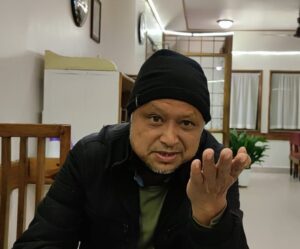
not want to impose bandh frequently and hence chose only once a year to resort to this form of agitation as they were concerned about the poor and the marginalised.
Syrpailin Khonglah, the daughter of statehood leader BB Lyngdoh, said the sacrifice of the families who took part in the struggle did not go in vain as the protests without bloodshed resulted in the desired result.
“When Papa, among other leaders, were in the forefront, we were all worried as there used to be frequent arrests. We were witness to the procession accompanied by patriotic hill state songs, including land of the roses and the slogan no hill state, no rest,” said Syrpailin, who took part in the procession.
Syrpailin recalled how her father encouraged her and other siblings to be part of the movement that became history.
As Meghalaya celebrates the golden jubilee of its statehood, the government should also remember the women activists and volunteers of the movement without whom the dream would not have come true. At a time when the state remembers great leaders like BB Lyngdoh and Captain Williamson Sangma, it should also pay due respect to the mothers and daughters of the movement.
~ Team Sunday Monitor
Photos sourced
Also read: Reminiscence of time & events leading to the statehood movement


